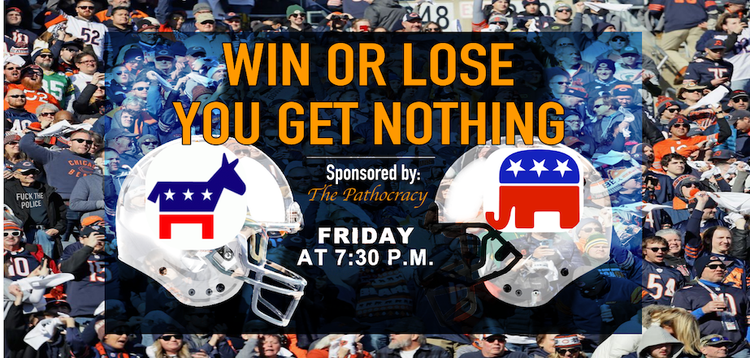Black Mayors in the 4 Biggest Cities but Blacks Remain Powerless [from Organized Mass Agitation to Electing Sambos from the MoTeaSuh Tribe, Voting Hasn't Solved Black People’s Problems]
/From [HERE] When Karen Bass is sworn in next month as the new mayor of Los Angeles, the nation’s four largest cities will be led by blacks simultaneously for the first time.
Ms. Bass, a former head of the Congressional Black Caucus, joins Eric Adams, who became New York’s second black mayor in January; Chicago Mayor Lori Lightfoot, who took office in 2019; and Houston Mayor Sylvester Turner, who was first elected in 2015 and is now serving in his second term. Like most black voters, all four are Democrats, but liberals are celebrating more than another partisan victory.
A widely held view on the left is that racial and ethnic political clout is essential to a minority group’s economic advancement. “When you have the top four cities at the table, with the administration, I think that the conversation is definitely going to land where it needs to be,” said Phyllis Dickerson, CEO of the African American Mayors Association, in an interview with CNN. Frank Scott, the mayor of Little Rock, Ark., and president of AAMA, was similarly optimistic in his comments to Politico. “Anytime we get a new mayor, it’s exciting,” he said. “But to have another mayor, a black woman, who’s going to lead one of our nation’s major cities? That’s a big deal.”
Historically, however, more black political clout hasn’t been a big deal, if the measure is black upward mobility. Black leaders increased their focus on electing more black officials following passage of the Voting Rights Act of 1965. Since 1970, the number of black elected officials has grown from fewer than 1,500 to more than 10,000. Carl Stokes was elected mayor of Cleveland in 1967, the same year Richard Hatcher was elected in Gary, Ind. In 1973, Tom Bradley won in Los Angeles and Coleman Young won in Detroit. “From 1967 to 1993 blacks were elected mayor in eighty-seven cities with a population above 50,000,” the political historian Michael Barone wrote in “The New Americans.” [MORE]






































































































































































































































































